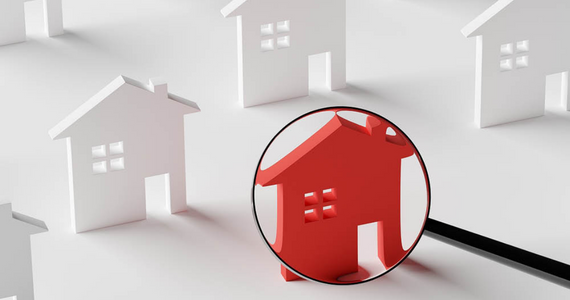Rental property owners are now one of the ATO’s top targets after it found nine out of ten tax returns reporting rental income and deductions contained at least one error.i
The tax office estimates it’s missing out on around $1.5 billion due to over-claiming of rental property expenses and omission of rental income.
Growing interest in rental property tax
Around 2.2 million individuals have an interest in a rental property in Australia. In a recent media release the ATO warned these taxpayers they are under the spotlight as rentals are “an area that’s easy to get wrong, and needs extra care when lodging”.ii
It’s urging property owners to carefully review their rental property records and ensure they understand the income they need to declare and what expenses can be correctly claimed as a deduction.
Declare all rental income
These days the ATO receives rental income data from a range of sources, including sharing economy platforms, rental bond authorities, property management software providers and land title authorities.
This allows the ATO to spot rental income being charged to a tenant but not declared. Landlords must include all rental income, whether it’s from short-term rental arrangements or from rental-related sources like insurance payouts and retained bond money.
Get your expense claims right
Although landlords can deduct many expenses relating to a rental property, claims need to stay within the rules.
Some expenses can be claimed immediately (such as management fees, council rates and insurance premiums), while others (loan interest, borrowing expenses and capital works) must be claimed over time.
Major capital works (such as replacing the property’s roof or existing kitchen) need to be claimed over a number of years.
Depreciating assets (such as a new dishwasher or oven) are claimed over their effective life, although items costing under $300 can be claimed immediately.
If you refinance your rental property loan or draw down on it for private expenses like a holiday, the loan interest relating to the private expense cannot be claimed as a deduction.
Claiming for private usage
Special care is needed if you use your property for certain periods, stop renting it out for a time, or allow family or friends to stay at cheaper rates.
You can’t claim deductions for these periods as the property is not being used to produce rental income. Normal annual expenses must be apportioned to omit these non-income periods.
Deductions also can’t be claimed if you pretend your property is available for rent when it isn’t, or if you place unreasonable restrictions on a potential tenant.
Common mistakes
According to the ATO, the most common tax error relates to apportioning expenses. If you don’t split your expenses – or do it incorrectly – you may find your return being queried or adjusted.
Another mistake is claiming for all the cost of purchasing your property. Costs such as conveyancing fees and stamp duty are used when working out if you need to pay capital gains tax (CGT), not as deductions.
Claims for capital works and capital allowances are also a danger area. Repairs directly related to wear and tear and damage while the property is rented can be claimed in the financial year the expense is incurred, but initial repairs for damage when purchased are not immediately deductible.
Failing to keep detailed records covering the income and expenses for your rental property is also a recipe for trouble. The ATO requires landlords to keep records for five years from when your return is lodged.
Don’t forget other taxes
While the ATO is focussing on income and deduction claims for rental owners, they are not the only tax obligations landlords need to keep in mind.
When you sell your rental property, you may be liable for CGT and detailed records of all your expenditure will be needed to correctly calculate the cost base for the property.
If you are not registered for GST, or if the rental income is from a residential premises, you can include any GST in the rental expenses you claim. GST-registered landlords follow different rules.
You will also need to make PAYG instalment payments if you earn $4,000 or more in rental income. The ATO will inform you if this occurs.



